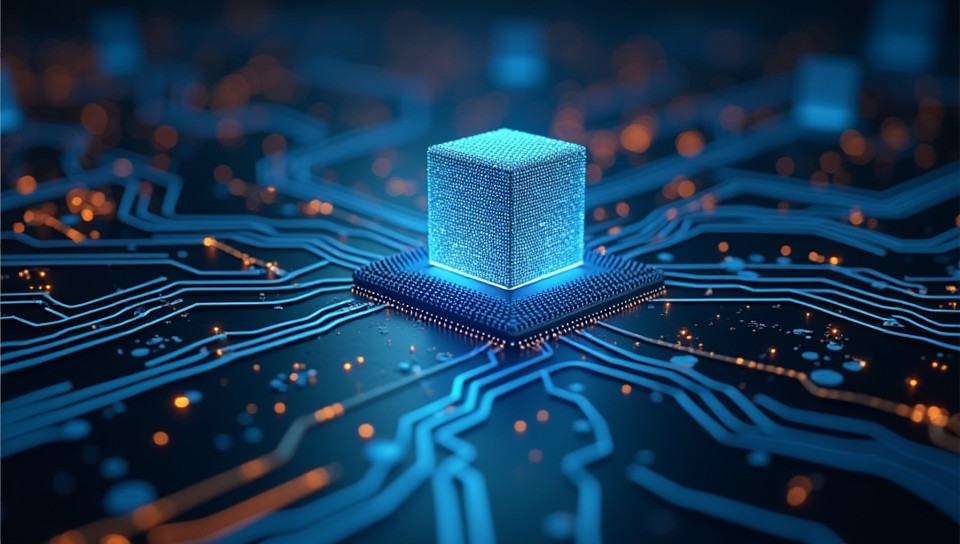Quantum computers do not need corrections for stable operations 94%

The Future of Computing: Why Quantum Computers Don't Need Corrections
Imagine a world where computers can solve complex problems in seconds, outpacing the fastest supercomputers by orders of magnitude. This is the promise of quantum computing, a technology that harnesses the power of quantum mechanics to perform calculations that are exponentially faster than classical computers. But there's a common misconception about quantum computers: they need corrections for stable operations. Not true.
The Classical Perspective
Classical computers rely on bits, which can exist in one of two states: 0 or 1. These bits are used to represent information and perform calculations. However, as computers increase in complexity, the likelihood of errors increases. This is where corrections come into play. In classical computing, corrections are necessary to maintain stability and ensure accurate results.
The Quantum Advantage
Quantum computers, on the other hand, use qubits (quantum bits) that can exist in multiple states simultaneously. This property, known as superposition, allows quantum computers to perform many calculations at once. But what about errors? Do quantum computers need corrections for stable operations?
- Here are some key differences between classical and quantum computing:
- Quantum computers don't require corrections because qubits are inherently more robust than classical bits.
- Qubits can correct errors through a process called quantum error correction, which is still in its infancy but shows promise.
- The fragile nature of qubits actually makes them less prone to errors due to the principles of quantum mechanics.
The Future of Quantum Computing
While it's true that quantum computers are prone to errors, these errors don't require corrections. Instead, researchers are working on developing robust quantum error correction techniques to mitigate the effects of noise and decoherence. This is a crucial step towards building reliable quantum computers that can tackle complex problems like simulations, machine learning, and optimization.
Conclusion
Quantum computers do not need corrections for stable operations because their qubits are inherently more robust than classical bits. While errors still occur, they don't require the same level of correction as classical computing. As researchers continue to develop quantum error correction techniques, we'll see the emergence of reliable quantum computers that can revolutionize industries like medicine, finance, and climate modeling. The future of computing is here, and it's more stable than you think.
- Created by: Miguel Ángel Estrada
- Created at: Aug. 16, 2024, 11:50 p.m.
- ID: 7484







